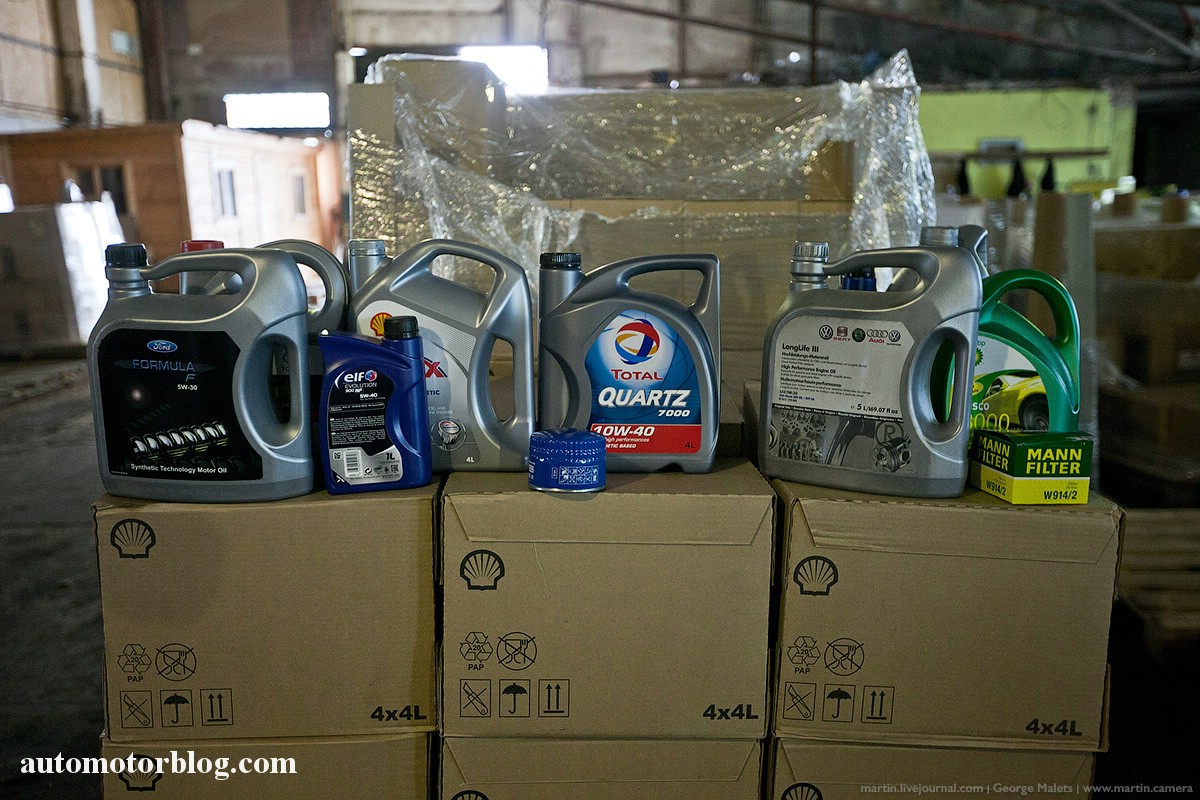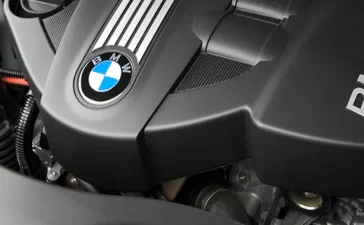Car audio systems have remained a fascination of many individuals with a bent towards higher sound quality, and this has remained a never-ending story. Although speakers, amplifiers, and cabling are perhaps the first components that come to mind when modification of any audio system is considered, capacitors are also important and usually underrated components. They contain and discharge electrical energy; these are the main components that help in solving certain audio problems and improving sound quality in automobiles. The function and advantages of capacitors in a car audio system will be discussed in this article, together with the effects on sound quality and system durability.
Table of Contents
Understanding Capacitors
For the two to appreciate their importance in in-car audio systems, it is crucial to determine what capacitors are and how they work. A capacitor is an electric device or component that is employed to store energy when an electric voltage is applied across it and releases it as the voltage is decreased to a minimum and beyond it.
It consists of two metal plates that are positioned parallel to each other and are enclosed by an insulating material called dielectric medium. In the case that an electric voltage is applied between the plates of a capacitor, it forms an electric field in which the capacitor stores energy. This energy can be used when required; this makes capacitors useful in all circuits that require power.

Powering Up the Audio System
As for the function of capacitors in car audio systems, one of them is to provide a power supply to the amplifiers. Power distribution in cars remains a challenge when it comes to installing car audio systems for a number of reasons, which invariably stem from the car’s electrical systems. The alternator and battery are the vehicle’s electrical components, which are used to supply power to all the basic workings of a car; therefore, power cannot be abundant enough to support high-amplification audio systems.
An amplifier uses power when called upon, typically during heavy sounds, for instance, bass notes, and this pulls current from the electrical system of the car, hence causing a low voltage problem that may lead to distortion of other systems in the car or total failure.
Boosting Audio Quality
These difficulties in power delivery are subdued by capacitors since they provide the necessary current to the amplifier at these times. It ensures that the amplifier is supplied with a steady voltage one that is free from source impedance that might otherwise compromise the quality of the sound being produced. In this way, capacitors reduce distortion and therefore improve the overall sound, which would be more pleasant for listeners.
Enhancing Bass Response
One more advantage of capacitors in car audio systems is that they help to extend bass frequency response. Low bass frequencies are power hungry, while other frequencies and any shortcoming in power output mean weak or exaggerated bass. In this way, capacitors charge an amplifier with more current, which results in more powerful and controlled bass and makes the defined frequency spectrum balanced and dynamic.
Protecting the System
As for the protective means, capacitors also contribute a certain degree of contribution in car audio systems. Intermittently, physical factors such as an alternator kick pose a great danger to the delicate electrical parts of the car’s audio system. Such spikes can be absorbed by a capacitor, and therefore they will not get to the amplifier or other parts of the circuit. This protective function serves to prolong the usage of the audio system and decrease the likelihood of having to service it either expensively or replace the whole system.
Personal Opinion
From the individual’s perspective, capacitors should be employed in car audio systems for anyone interested in sound quality. Though they may not have the appearance of costly loudspeakers or amplifiers, capacitors solve problems that may be counterproductive. They help in giving a stable power supply and improving the low frequency at the same time, making them very important in making the sound perfect. Furthermore, the roles played entail that users get the security of having their audio system shielded from these electrical challenges.
End Note
In conclusion, capacitors are an essential actualization in car audio systems since they shall provide performance as well as protection. These provide for better amplification system performance, improve stability and EQ, and thus impact the quality of the sound that is delivered to the headphones. Another good example is their ability to guard the system against electrical surges, which justifies their need for the system. To automotive audio hobbyists, knowing and applying capacitors as part of enhancing their car audio system is a step closer to achieving the optimum car audio sound quality of their vehicles.
FAQ Section
Q: Are capacitors necessary for all car audio systems?
A: Capacitors are not used in car audio systems necessarily, but anyone who has installed high-powered amplifiers or subwoofers for their vehicle should consider installing one. The systems with a rather low power demand will not prove to be very different, but capacitors do introduce certain advantages in terms of stability and protection.
Q: Is my car audio system capacitor blown, damaged, or bad?
A: Where does distortion happen, in particular the low-frequency one, or when an audio system has difficulty producing bass, a capacitor might be beneficial? Furthermore, if your car is old or has a weaker electrical system, then using a capacitor ensures that you do not face any issues with the performance.
Q: Are capacitors capable of causing any harm to car audio equipment?
A: Capacitors, if connected properly, cannot harm your audio system in any way, unlike many other electrical components. As a matter of fact, they are of great help in that they protect it against power surges. It is, however, important to select an appropriate capacitor for the particular system and to adhere to installation procedures.
Q: What is the right procedure for putting a capacitor in a car audio system?
A: Usually, capacitor installation involves placing them within the power supply section of the amplifier’s input. It is advisable to engage the services of a specialist if one has no prior experience in installing car audio systems to avoid damaging the car in the process.
Q: Capacitors used in car audio systems: How long do these capacitors last?
A: High-quality capacitors are intended to last for several years up to the time when the whole audio system that uses them could become non-operational. They should be normally used and well installed to enable them to work up to expected potentials for the given use.












